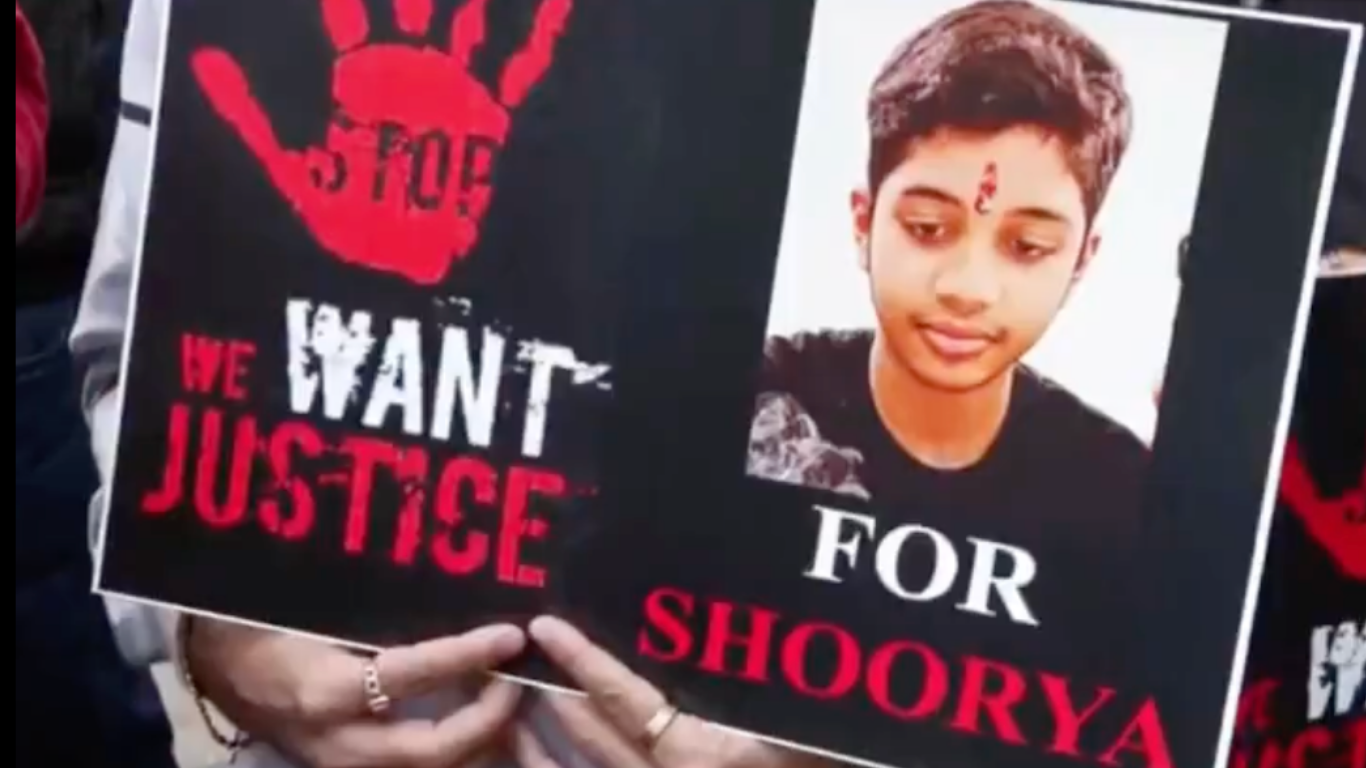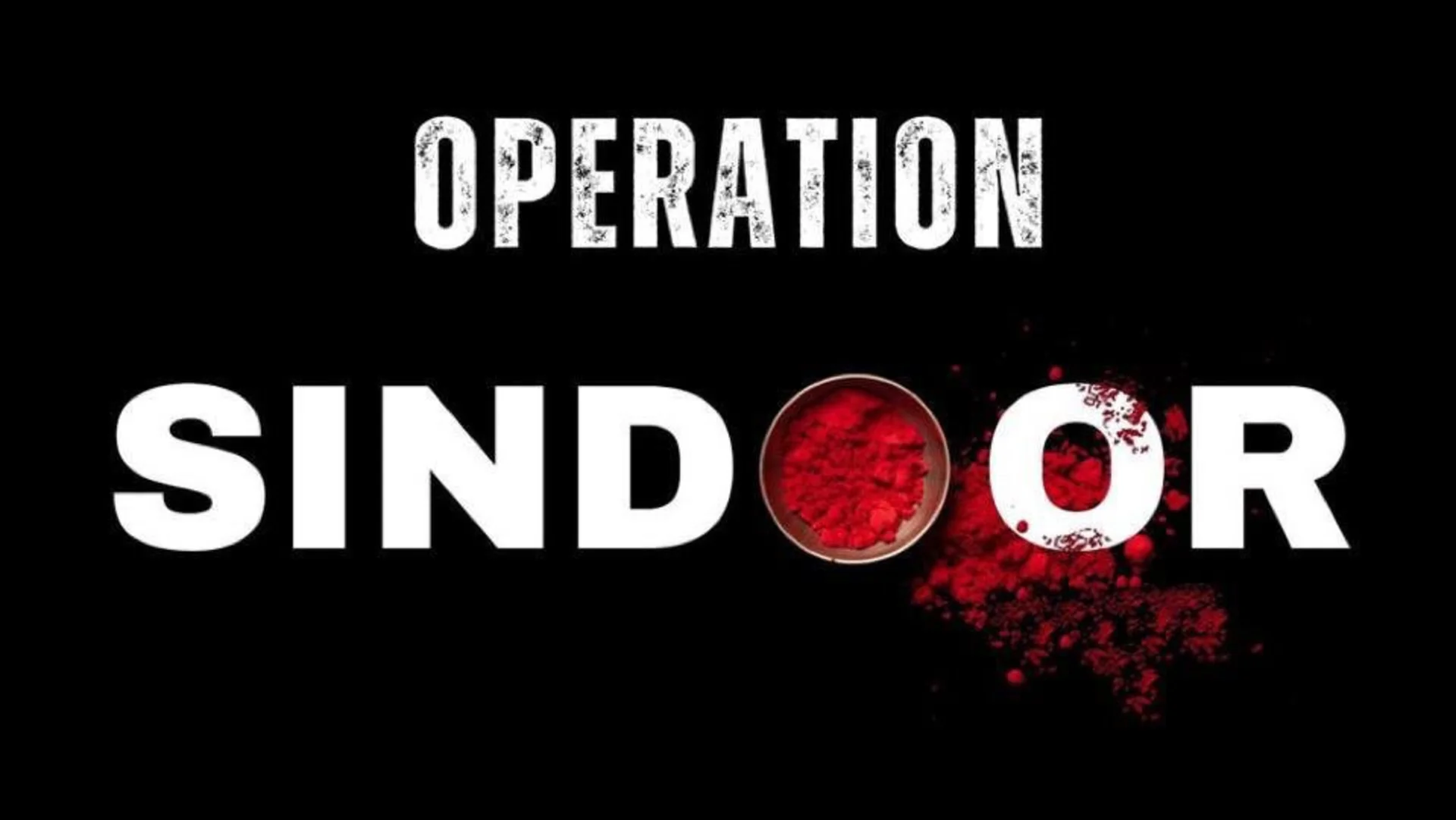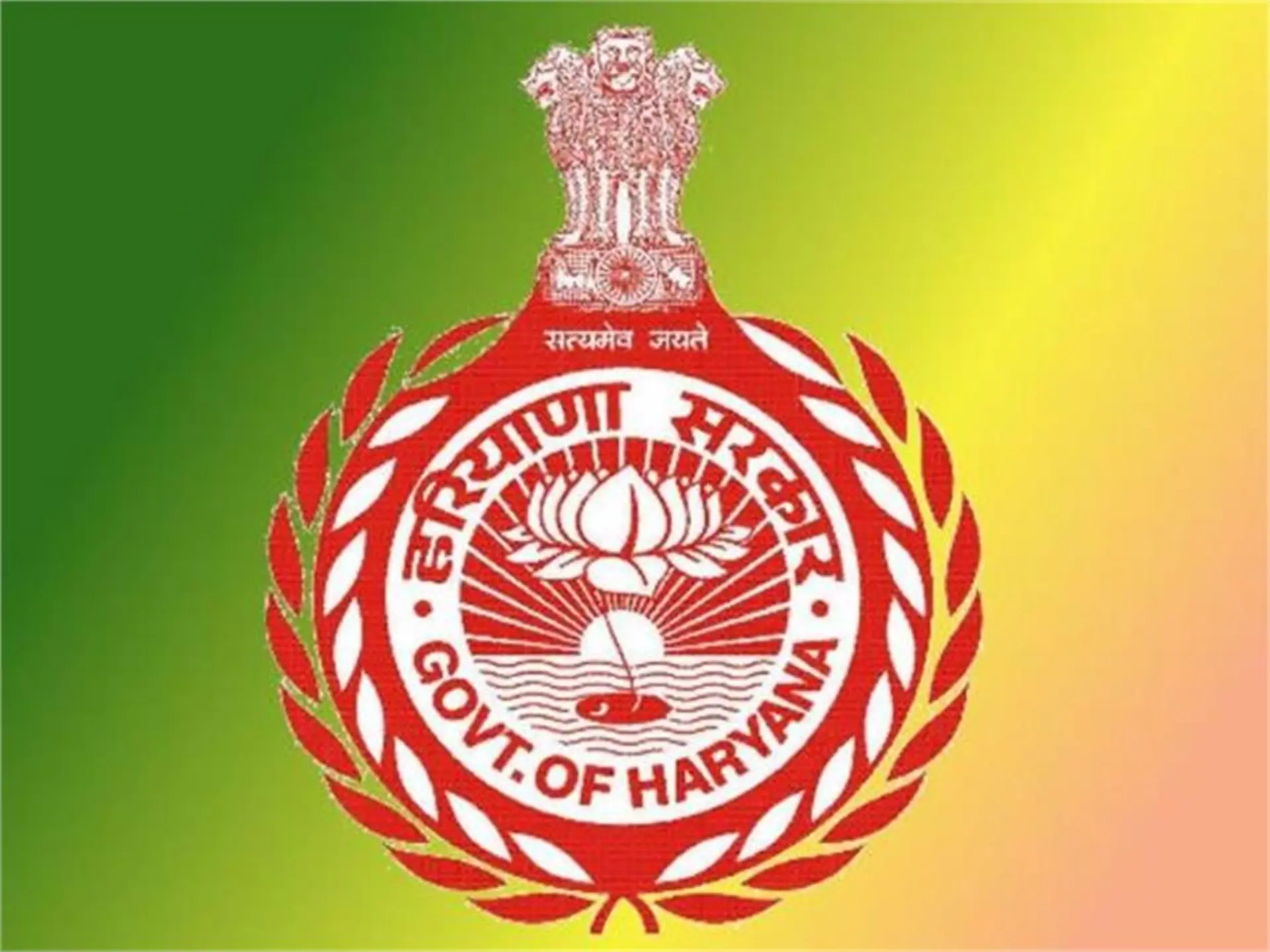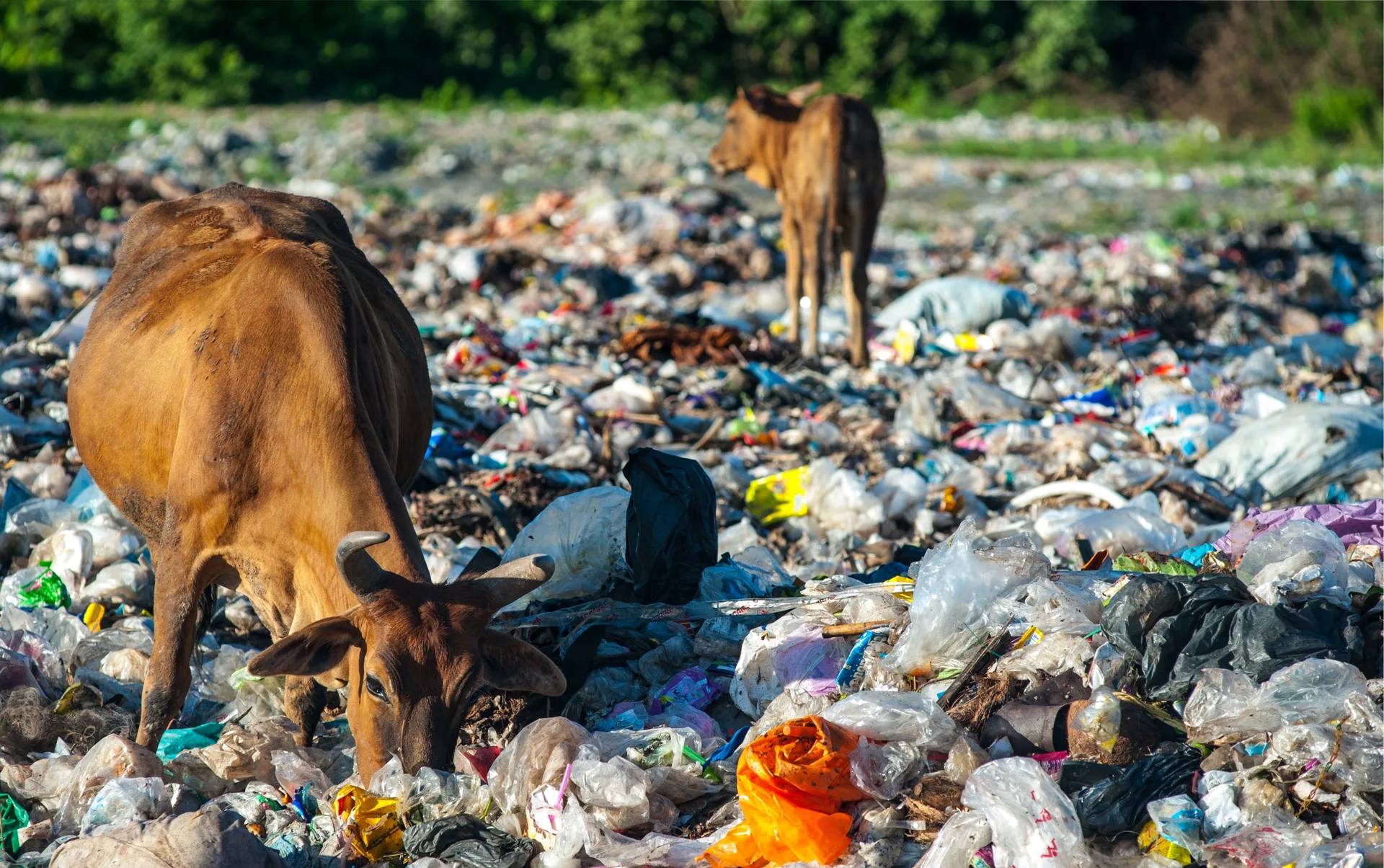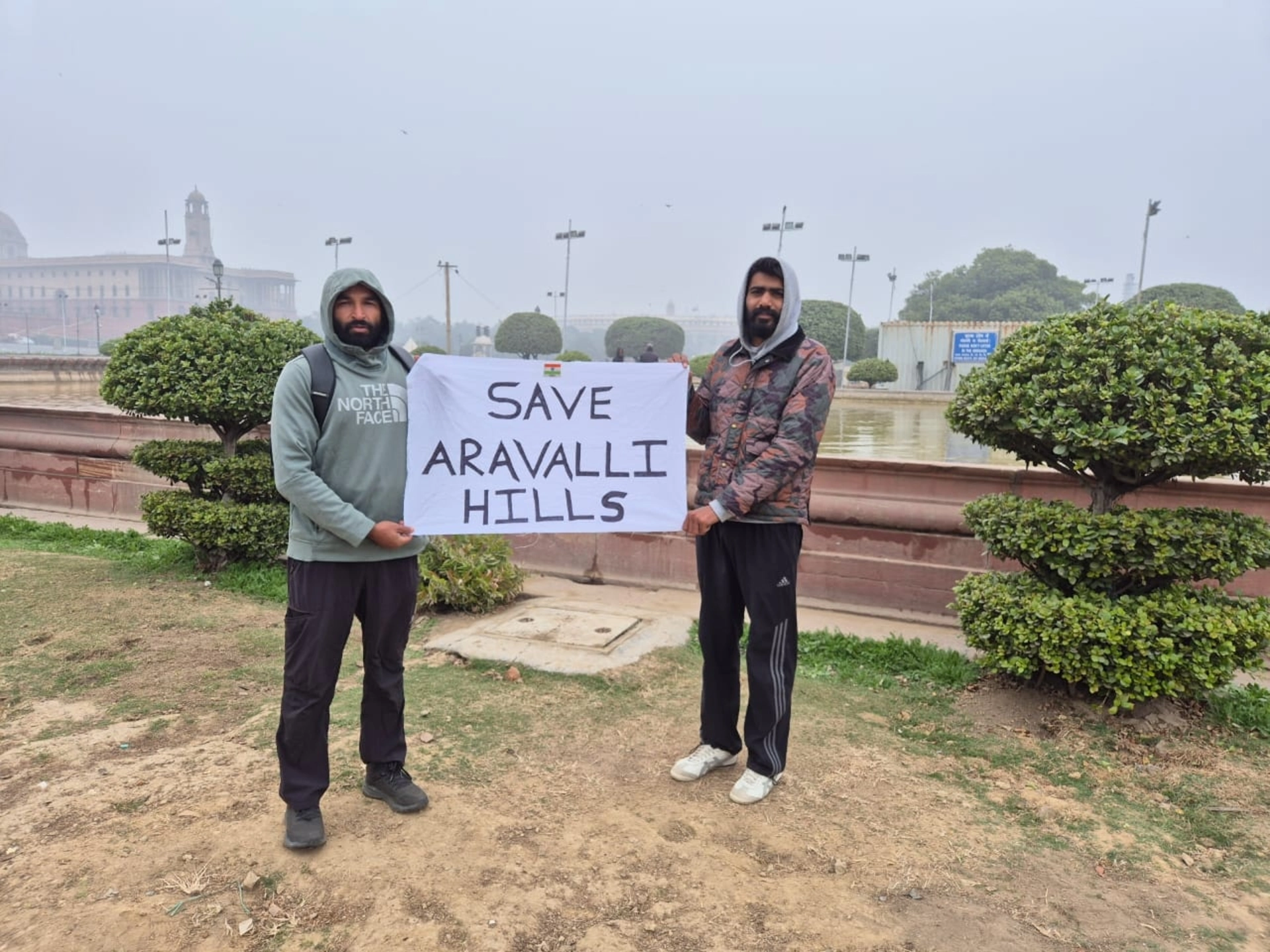
In the early hours of Wednesday, May 7, 2025, India launched "Operation Sindoor," a meticulously planned military operation targeting nine terrorist camps across Pakistan and Pakistan-occupied Kashmir (PoK). The operation, executed at approximately 1:44 AM, was India's response to the brutal Pahalgam terror attack on April 22 that claimed 26 innocent lives.
Named by Prime Minister Narendra Modi himself, "Operation Sindoor" carries profound symbolism – honoring the widows who lost their husbands in the Pahalgam massacre, particularly Himanshi Narwal, who had been married for just six days when her husband, Navy officer Lieutenant Vinay Narwal, was killed.
Targets and Execution
The operation was a coordinated effort by the Indian Army, Navy, and Air Force, using precision munitions to strike terrorist infrastructure without crossing into Pakistani airspace. According to official statements, the targets included:
- Markaz Subh Allah, Bahawalpur (JeM)
- Markaz Taiba, Muridke (LeT)
- Sarjal, Tehra Kalan (JeM)
- Mehmoona Joya, Sialkot (HM)
- Masjid Ahle Hadith, Barnala (LeT)
- Masjid Abbas, Kotli (JeM)
- Maskar Raheel Shahid, Kotli (HM)
- Shawai Nalla Camp, Muzaffarabad (LeT)
- Syedna Bilal Camp, Muzaffarabad (JeM)
In a significant development, BBC Urdu reported that Jaish-e-Mohammed chief Masood Azhar confirmed that 10 members of his family and four close aides were killed in the strikes on the Subhan Allah complex in Bahawalpur. Those killed reportedly include Azhar's elder sister and her husband, his nephew and his wife, another niece, and five children from his family.
The Subhan Allah camp, spread over 18 acres and also known as the Usman-o-Ali campus, served as JeM's center for recruitment, fundraising, and indoctrination. Visuals accessed exclusively show the mosque inside the camp reduced to rubble with gaping holes and debris scattered everywhere.
Indian officials report that approximately 70-80 terrorists were neutralized across all locations, with about 30 killed each at the Bahawalpur and Muridke facilities.
Official Statements
During a press conference following the operation, Foreign Secretary Vikram Misri explained the rationale behind the strikes: "The attack in Pahalgam was marked with extreme barbarity, with the victims mostly killed with head shots at close range and in front of their family... It was deemed essential that the perpetrators and planners of the Pahalgam attack be brought to justice. Despite a fortnight having passed, there has been no demonstrable step from Pakistan against terrorists' infrastructure in its area."
Col. Sofiya Qureshi, who briefed the media alongside Wing Commander Vyomika Singh, revealed that among the targets were Lashkar-e-Taiba training camps where 2008 Mumbai attack terrorists Ajmal Kasab and David Headley had received their training.
"Pakistan has been building a terror infrastructure, including recruitment and indoctrination centers, training areas, and launch pads in Pakistan and PoJK, which are spread from Sawai Nala in the north to Bahawalpur in the south," stated Wing Commander Singh.
Importantly, the Defense Ministry emphasized that "no Pakistani military facilities were hit, reflecting India's calibrated and non-escalatory approach."
Eyewitness Accounts and Pakistan's Response
An eyewitness from Muridke provided a harrowing account of the operation: "At around 12:45 in the night, one drone came first, followed by three other drones, and they attacked the mosques... everything is crushed." This firsthand testimony by a Pakistani national verify the effectiveness of the Indian air strikes.
Pakistan's response has been swift and forceful. Prime Minister Shehbaz Sharif condemned the strikes as "an act of war" and threatened a "befitting reply," prompting India to heighten security along the border.
Union Home Minister Amit Shah has spoken with Jammu and Kashmir Chief Minister Omar Abdullah and is in constant communication with J&K Lieutenant Governor and the Director General of the Border Security Force (BSF). He has instructed the BSF to ensure all safety measures for people living in border areas.
The Pahalgam Attack: Context
The Pahalgam attack on April 22 was characterized by its targeted brutality. Terrorists backed by Pakistan singled out Hindu men and shot them dead from point-blank range at the Baisaran meadow, a spot in Pahalgam frequented by honeymooners.
Among the widows left behind were Himanshi Narwal from Haryana, Aishanya Dwivedi from Uttar Pradesh, Shital Kalathiya and Kajalben Parmar from Gujarat, Sohini Adhikari from Kolkata, Pragati Jagdale from Maharashtra, Sheela Ramachandran from Kerala, Jennifer Nathaniel from Madhya Pradesh, and Jaya Mishra.
National Response
As news of Operation Sindoor spread across India, a sense of national unity emerged. Defence Minister Rajnath Singh visited Prime Minister Modi's residence, while political leaders across party lines expressed support for the military action. Prime Minister also chaired a Cabinet meeting after the attack.
The operation represents India's continued stance against cross-border terrorism, demonstrating both the technical capability of the armed forces and the political resolve to protect Indian citizens.
related

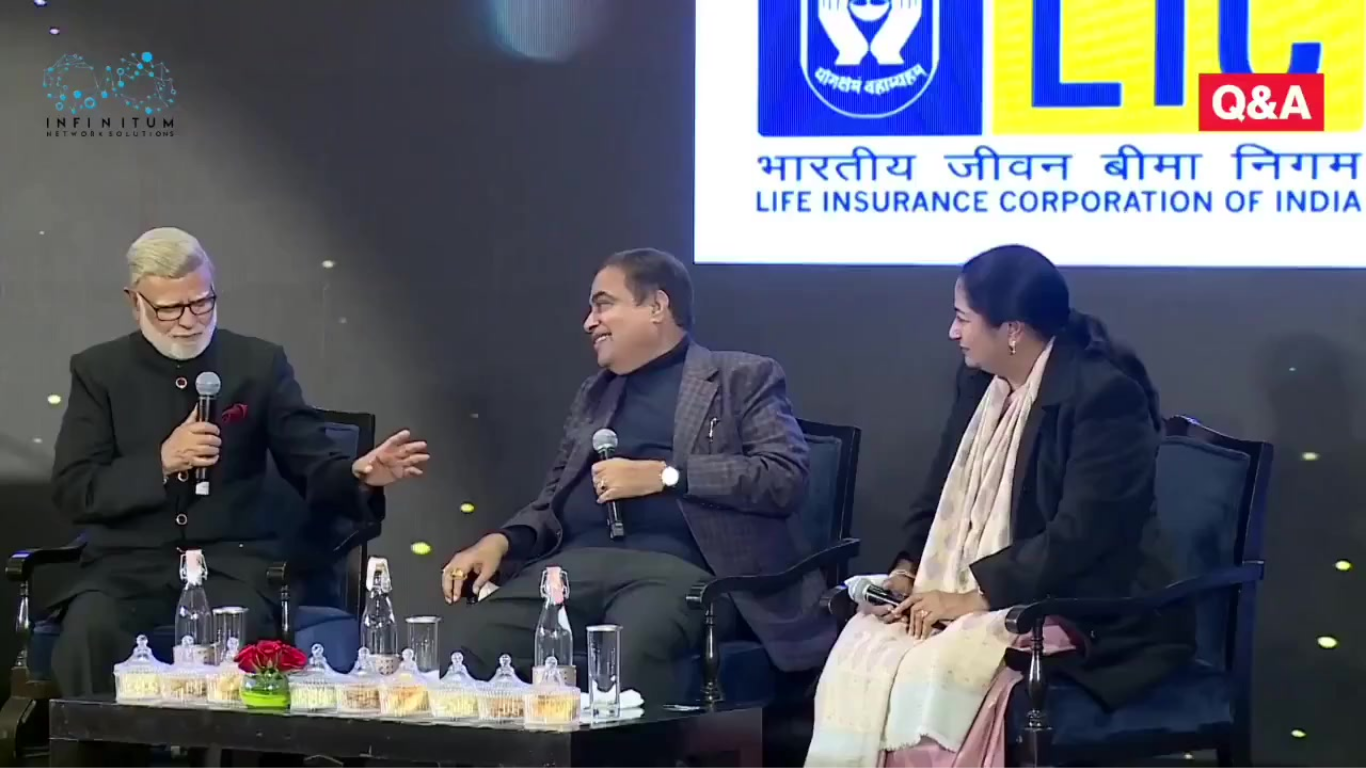
₹60,000 Crore Spent, But Gurugram Still Choked: Gadkari Deflects Infrastructure Question With Auto Industry Pitch

Laying the Strongest Foundation Education Reform Language Empowerment and India’s Path to AI Sovereignty
